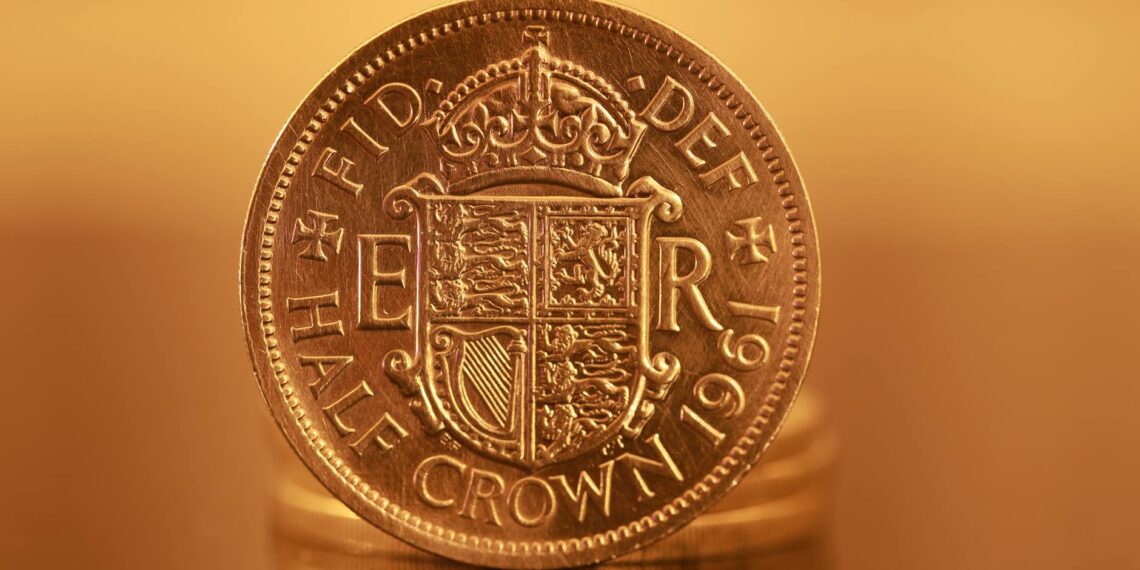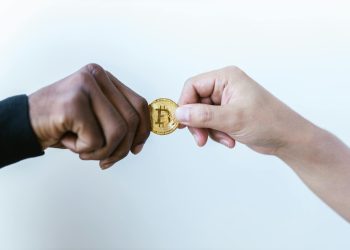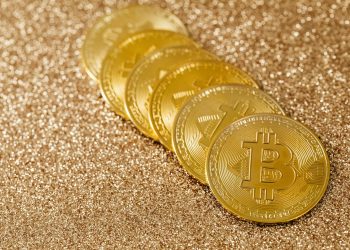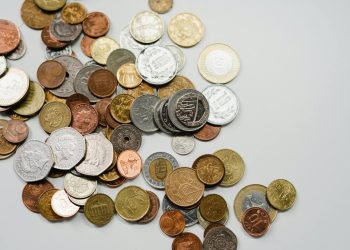Coin collecting, also known as numismatics, is a rewarding hobby that combines history, art, and the thrill of discovery. Here’s how to get started:
- Explore your own pocket change: You might already have interesting coins worth keeping.
- Focus on a specific area of interest: Consider collecting coins based on themes like country, time period, specific designs (e.g., state quarters), or even error coins.
- Avoid immediate large investments: Beginners should focus on acquiring affordable coins and gaining knowledge before making significant purchases.
- Learn about coin types: Understand terms like uncirculated coins, proof coins, and bullion coins.
- Research coin values: Factors like rarity, condition, and minting influence a coin’s worth.
- Understand grading standards: The Sheldon Scale is a widely used system for evaluating a coin’s condition.
- Utilize reputable resources:
– Books: A Guide Book of United States Coins (The Red Book) is a popular resource.
– Websites: Organizations like the [American Numismatic Association] (ANA) and [NGC] offer extensive information and catalogs.
– Magazines: Coin World and Numismatic News provide current market trends and information.
- Search in unlikely places: Check old homes, attics, or even use a metal detector for outdoor searches.
- Trade with banks: Exchange paper money for coin rolls and search for collectible coins.
- Visit local coin dealers: They offer a variety of coins and can provide expert advice.
- Attend coin shows and auctions: These events provide opportunities to view, buy, sell, and trade coins.
- Avoid touching coins with bare hands: Oils and dirt can damage the surface.
- Use protective holders or albums: Acid-free materials are crucial to prevent damage over time.
- Maintain a stable environment: Store coins in a cool, dry place away from temperature fluctuations and humidity.
- Consider insurance: For valuable collections, ensure they are covered by insurance.
- Connect with other collectors: Join online forums or local coin clubs.
- Learn from experienced numismatists: Attending coin shows and engaging with the community is a great way to expand your knowledge.
Remember, coin collecting is a journey of continuous learning and discovery. Enjoy the process of building your collection and connecting with the fascinating world of numismatics.











Do coin collectors make money?
Though investing in rare coins can be very profitable, it is more difficult to gauge what the collector market for a particular coin might look like five or ten years down the road. Investing in modern bullion coins, such as Canadian Maple Leaf silver coins and American Gold Eagles, is a great way to get started.
What do I need to become a coin collector?
It’s easy to start a coin collection. You can begin with coins that you already have on hand. Becoming a coin collector involves a common vocabulary. Get familiar with the parts of a coin and basic coin terms.
What coins should a beginner collect?
Good point! If you want to buy your coins, Morgans are popular for beginners.
How much does it cost to become a numismatist?
Thanks for asking. American Numismatic Association (ANA) Certification
The program costs $598 for basic certification and takes 12-18 months to complete. The curriculum includes: Basic coin grading. Advanced grading techniques.